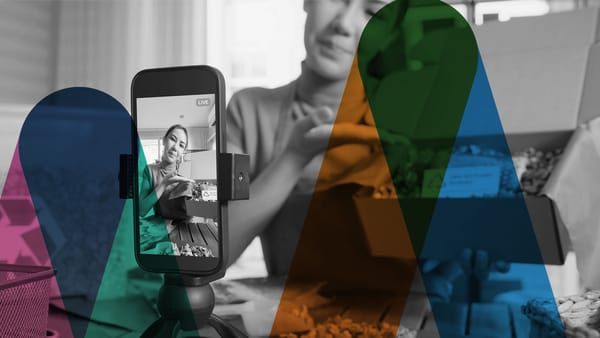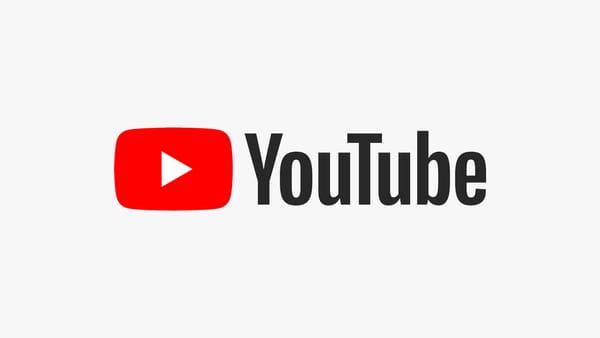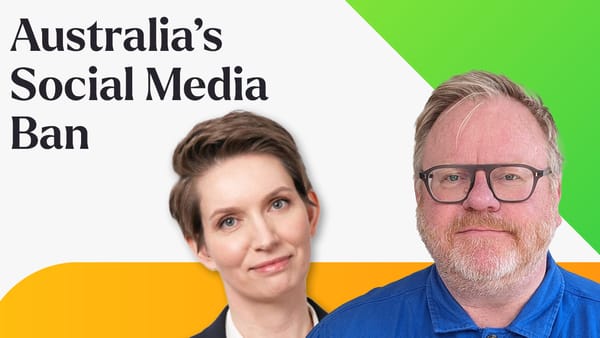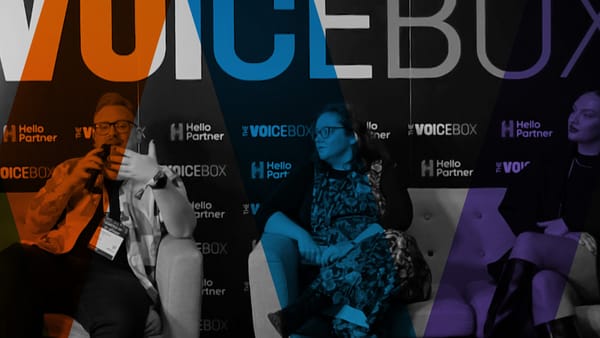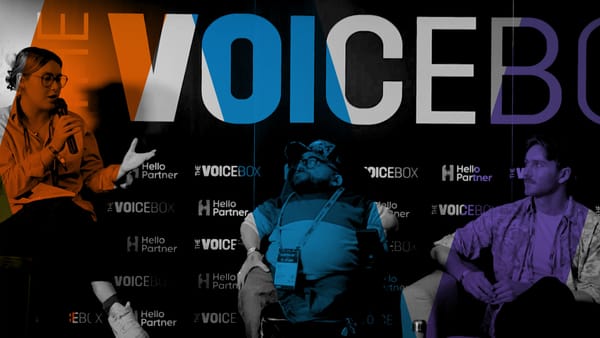Meta has announced the return of its Creator Week – seven days of networking, sessions, and workshops for those involved in the creator economy. This year’s events will take place from November 1st-7th, with many “IRL” events happening across the globe in Los Angeles, Bali, São Paulo, London, and Delhi.
This is quite the upgrade from last year’s Creator Week, which saw just three days of solely digital sessions.
This year, IRL Creator Week events will be invite-only, but the press release states that any creator can participate via Meta’s Facebook and Instagram channels –namely through a Reels challenge.
And Reels appears to be the main focus of the entire week, suggesting that Instagram and Facebook will continue to drive traffic towards video content, despite wavering attitudes within the company, and backlash from users.
There’s the aforementioned challenge, as well as the Creator Week Instagram post, which makes no mention of photo content, but promotes sessions on “taking your Reels to the next level”. The press release also lists a few examples of creators involved in the events – @danmendesoficial, @donalleniii, @karenxcheng, @itsdanielmac – all of whom primarily post Reels-based content.
Moreover, the platform’s video content is already finding success in India – home to Instagram’s largest user base – following a nationwide TikTok ban, so it’s likely that particular attention will be applied to events in Delhi. Bali, a province of Indonesia, has also seen a short TikTok ban in the past; though it appears unlikely to occur again, this may help with Reels growth in the region.
But it’s not just Reels that Meta’s doubling down on with Creator Week. Another highlighted topic is “monetisation”, indicating that Meta will continue to place emphasis on generating income for creators on its platforms, in line with CEO Mark Zuckerberg’s comments earlier this year.
Evidently, Meta is sticking to its guns with Reels, and the future of Instagram is looking more and more video-based. This has incited a great deal of dismay amongst users, but if Meta can provide a fairer and more lucrative monetisation model for creators – since TikTok’s is notoriously bad and YT Shorts not much better – then the change in format might be more welcome.



